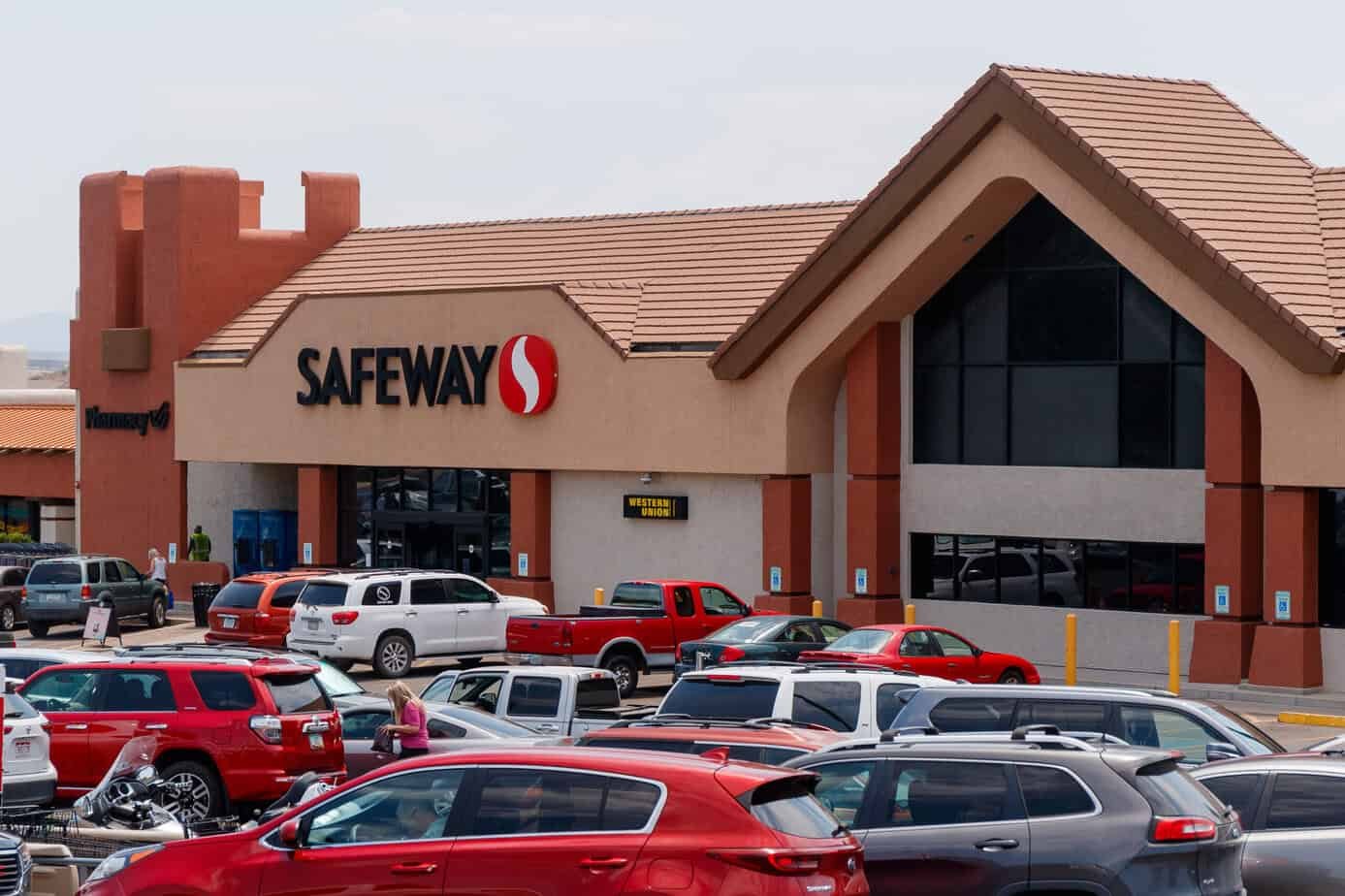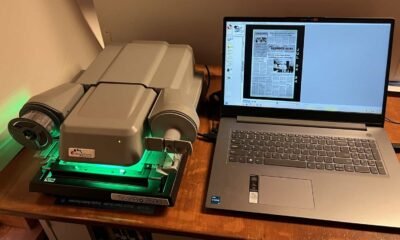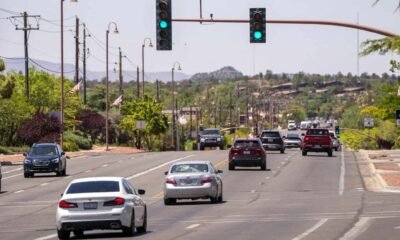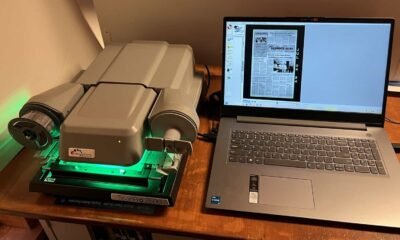Business
Sedona Safeway Avoids Being Sold

The Kroger Co. has pinpointed the Safeway location at 1635 E. Cottonwood Street in Cottonwood as one of the 579 Safeway stores in the U.S. intended for sale. This step is part of efforts to avert antitrust proceedings related to its colossal $24.6 billion merger with Albertsons Companies Inc.
This contingent sale hinges on the successful completion of the merger. Notably, the Safeway at 2300 89A in Sedona remains unaffected, according to the recent report.
If finalized, this merger would stand among the largest retail acquisitions in U.S. history. It follows the 2015 union of Albertsons and Safeway, which positioned them as the second-largest grocery chain in the nation, second only to Kroger.
On July 9, Kroger released a report on proposed divestitures. In Arizona, this includes 101 Safeway and Albertsons stores, covering all three Safeway locations in Flagstaff and the four Safeway stores in Prescott. This also involves two distribution centers in Phoenix.
However, the merger faces significant opposition, evidenced by a lawsuit filed by the Federal Trade Commission in February. The FTC challenges the proposal on the grounds of being anticompetitive.
Henry Liu, Director of the FTC’s Bureau of Competition, commented, “This supermarket megamerger comes as American consumers have seen the cost of groceries rise steadily over the past few years. Kroger’s acquisition of Albertsons would lead to additional grocery price hikes for everyday goods, further exacerbating the financial strain consumers across the country face today. Essential grocery store workers would also suffer under this deal, facing the threat of their wages dwindling, benefits diminishing and their working conditions deteriorating.”
The FTC has also criticized Kroger’s proposed divestiture plan, deeming it insufficient in mitigating the competitive loss between Albertsons and Kroger.
The FTC lawsuit further highlighted that Kroger and Albertsons engage in significant price competition, which benefits consumers. The two companies’ loyalty data shows that their overlapping supermarkets vie for the same customer base from local communities.
Kroger and Albertsons argue that this merger would enhance their ability to compete with retail giants like Amazon, with its over $2 trillion market capitalization and ownership of Whole Foods, and Walmart, with a $558 billion market cap, which has aggressively expanded its grocery sales over the past two decades.
















